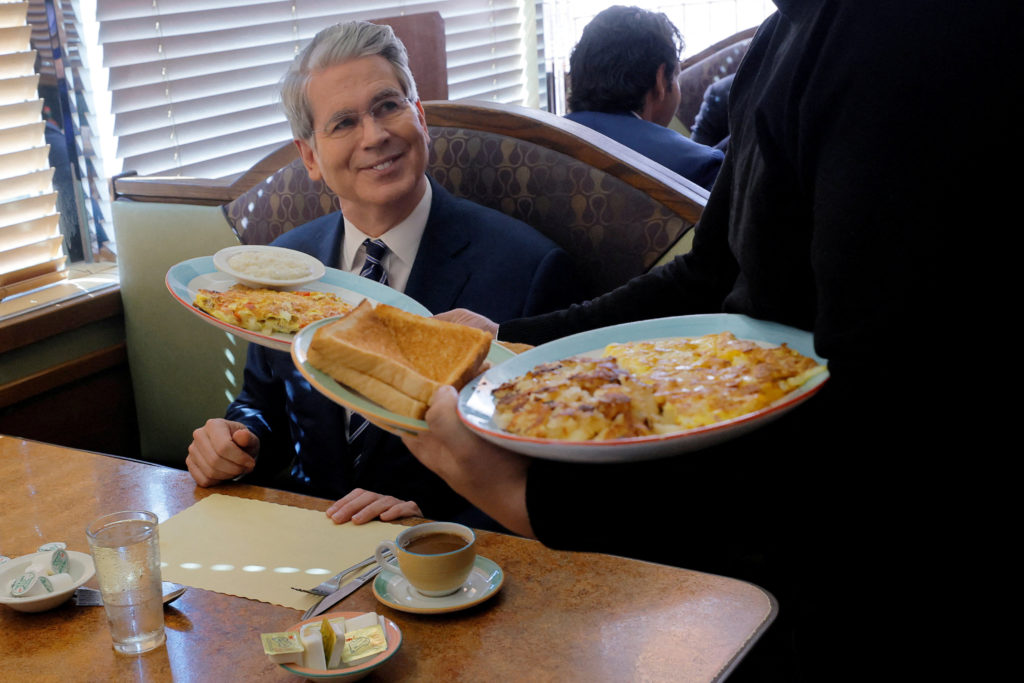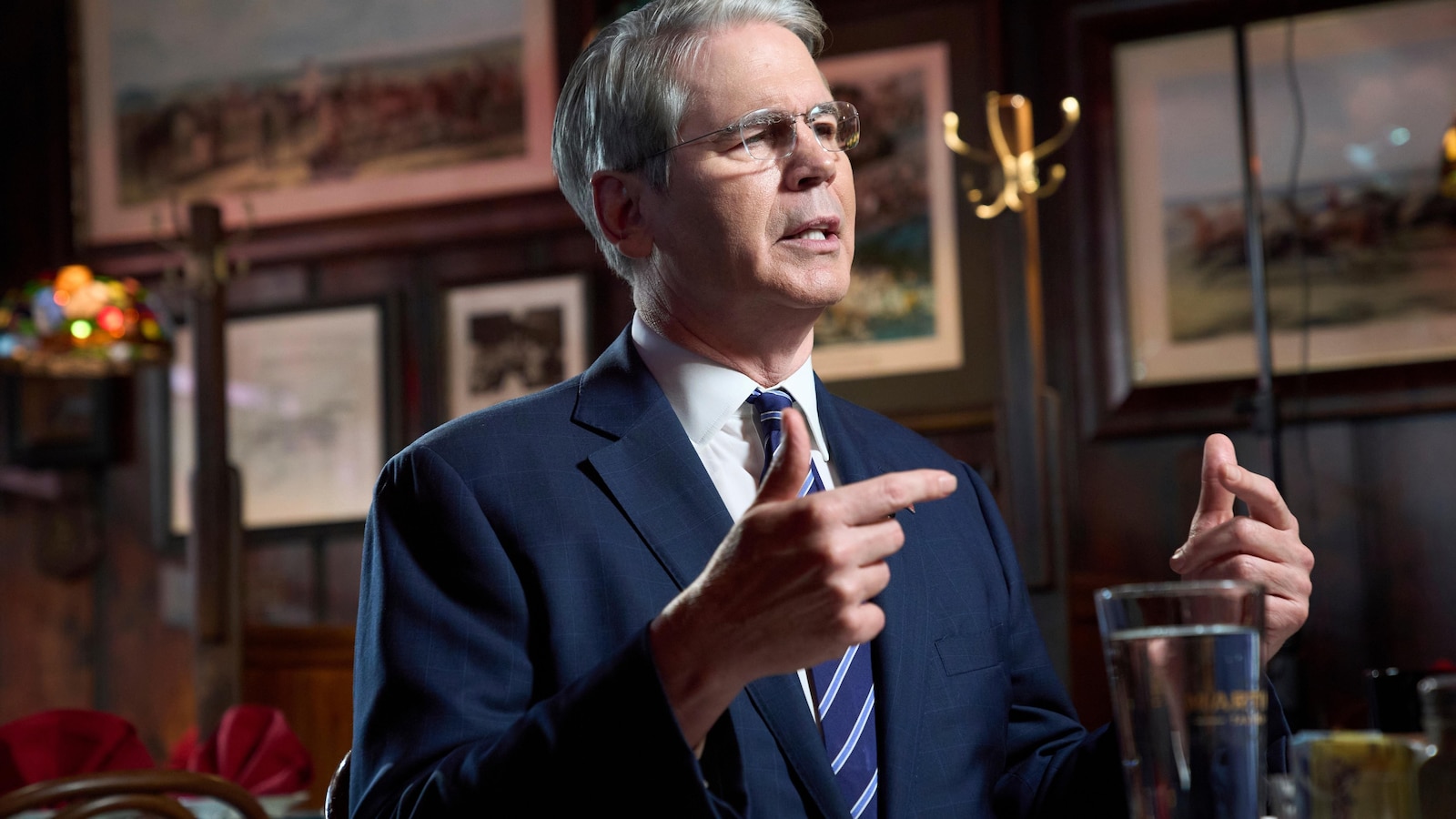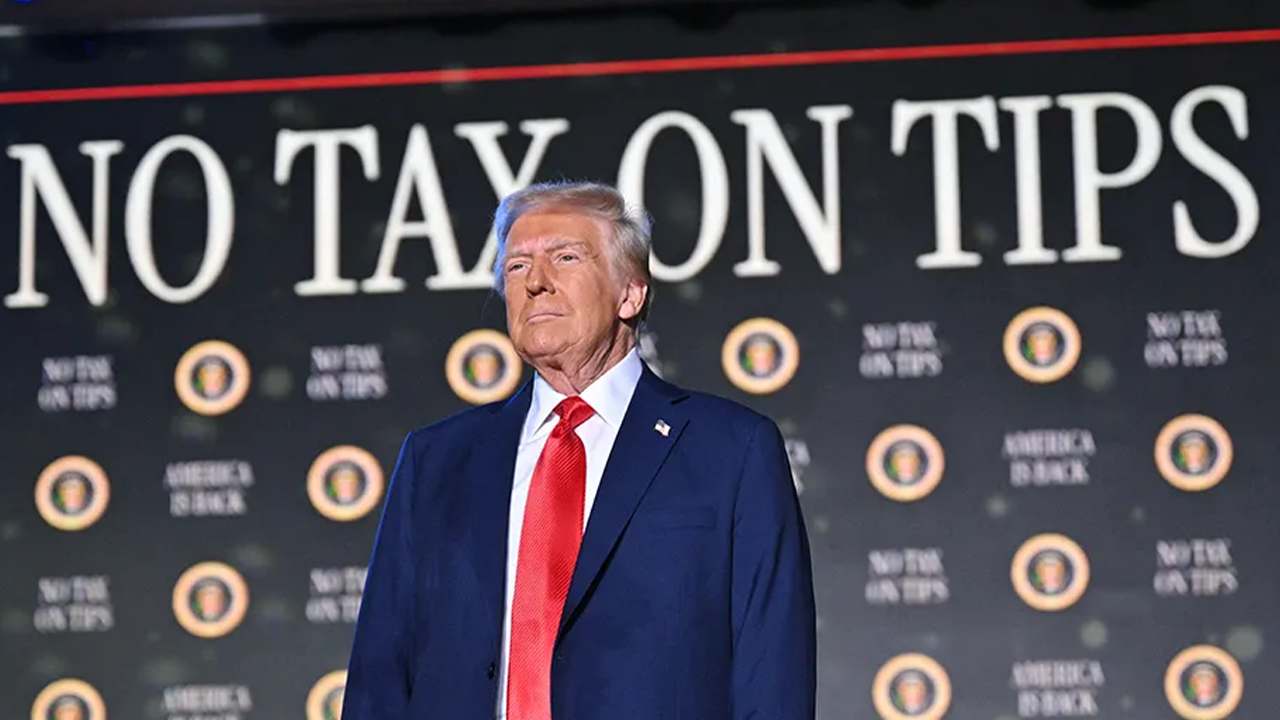President Trump's New Tax Proposal Expands Relief for Tipped Workers Across Key Industries
President Trump's new legislative proposal offers a significant tax break for workers in critical service sectors, including food, hospitality, personal services, and transportation, expanding tip exemptions.
Subscribe to unlock this story
We really don't like cutting you off, but you've reached your monthly limit. At just $5/month, subscriptions are how we keep this project going. Start your free 7-day trial today!
Get StartedHave an account? Sign in
Overview
- President Trump's new legislative proposal introduces a significant tax break, targeting workers in critical service sectors, high-contact roles, and essential services across various American industries.
- This tax relief explicitly includes employees in the food and beverage industry, hospitality sector, personal services, and transportation, ensuring direct financial benefits for these workers.
- The initiative expands on the "no tax on tips" plan, signed in July, which eliminates federal income taxes on tips for individuals earning under $160,000 from 2025 to 2028.
- The Treasury Department's preliminary list of exempt occupations covers a broad range, from golf caddies and blackjack dealers to podcasters, social media influencers, and various other service roles.
- Congressional budget analysts project the "No Tax on Tips" provision will increase the deficit by $40 billion through 2028, with a minimal expected impact on lower-income tipped workers.
Report issue

Read both sides in 5 minutes each day
Analysis
Center-leaning sources frame this story by highlighting the "unexpected" beneficiaries like podcasters and influencers, rather than traditional tipped workers. They emphasize the bill's projected cost to the deficit and conclude with polling data showing widespread public disapproval, collectively portraying the tax cut as costly and unpopular, benefiting a surprising group.
Articles (6)
Center (2)
FAQ
The tax break applies to workers in critical service sectors such as food and beverage, hospitality, personal services, and transportation. Occupations covered include traditional tipped jobs like golf caddies and blackjack dealers, as well as less expected roles like podcasters and social media influencers, provided they earn under $160,000.
The 'no tax on tips' provision applies from 2025 through 2028 and benefits workers earning under $160,000 in tip income during that period.
The deduction reduces taxable income by up to $25,000 per year for tip income, regardless of whether the taxpayer itemizes or takes the standard deduction. The deduction phases out for higher earners, starting at $150,000 modified adjusted gross income (MAGI) for singles, and phases out completely at $400,000 MAGI.
Congressional budget analysts project that the 'no tax on tips' provision will increase the federal deficit by approximately $40 billion through 2028, with minimal expected benefit to lower-income tipped workers.
Employers must report the total cash and non-cash tips received by employees on their W-2 forms along with the employee’s occupation. Similarly, entities issuing Form 1099 to tipped contractors must report designated tips and recipient occupation. The IRS is updating tax forms and withholding procedures to reflect these changes.
History
- 2M

 3 articles
3 articles




